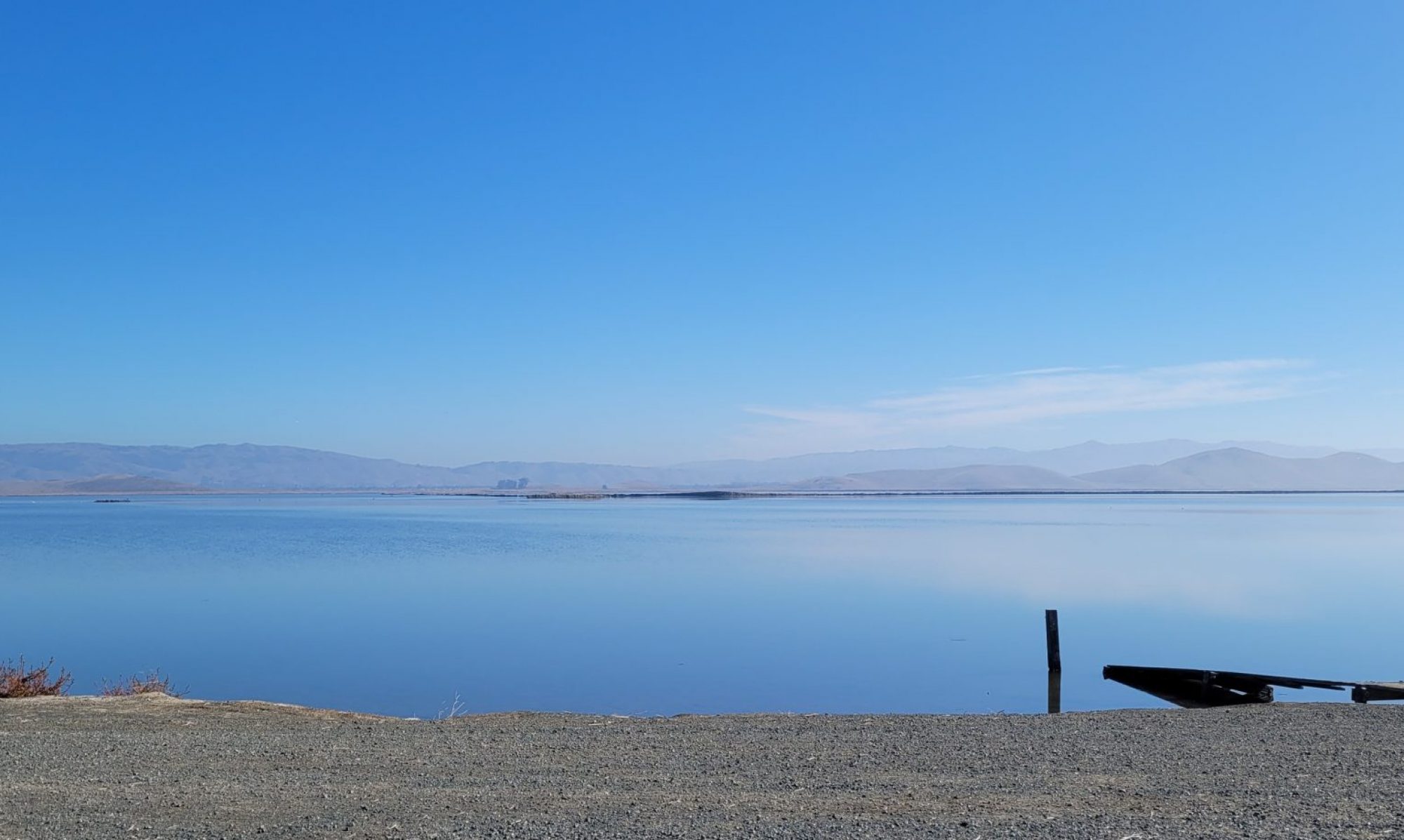The Greeks did it with little shards of pottery because papyrus was way too expensive. The Romans did it in groups of hundreds, with their feet. Some groups did it with little black marbles. It wasn’t done in western republics in secret until late in the middle 19th century. What’s the pertinent subject on most Americans minds these days? Voting, of course!

Can We Vote for Banishing People?
The Greeks might vote for a candidate, but they would also vote at times against them as well. They voted to exile people, such as dictators or the dictator’s family, friends, personal lawyers, or unindicted co-conspirators. But even the cheapest paper, i.e. papyrus, was super-rare and expensive, so they didn’t use paper for the ballots. Instead, they would scratch the tyrant’s name on a piece of broken pottery, called an ostraka and turn it in.

Funny story–there was a respected general and political leader called Aristides, who was nicknamed “the Just” because he was, well, a pretty honorable dude, according to Herodotus. An illiterate citizen came up to Aristides, while they were practicing their ostraka scratching, and said “How do you spell Aristides?” The Honorable Dude said, “Why do you want to write down Aristides?” and the fellow said, “I’m tired of hearing him called ‘the Just.’ I’m sick of these goody-two-shoes! I want someone mean and horrible.” Or something to that effect. Of course, Aristides then wrote down his own name on the ballot.
Writing down the name of someone on the pottery shards was called ostracism. Maybe we could consider this practice using, I dunno, empty water bottles or something?
The Romans used Excel spreadsheets a lot. They divided all eligible people (men, property owners, proper skin color and all that) into 193 centuries, a model based on their armies. The centuries were ranked within by property, with cavalry equities at the top and unarmed, property-less men at the bottom. Then, they were ranked across, by class, and by junior or senior, and each executive officer then took turns to act as officer-for-the-week, although all the actions *of* that officer have to be ratified…. er, no I think maybe that was the Celts. Anyway, the Roman system held rather a lot of infrastructure, but, then, have you seen their buildings and roads? I mean, bits of their aqueducts are still standing!
Continue reading “Time to Ostracize the Buggers”